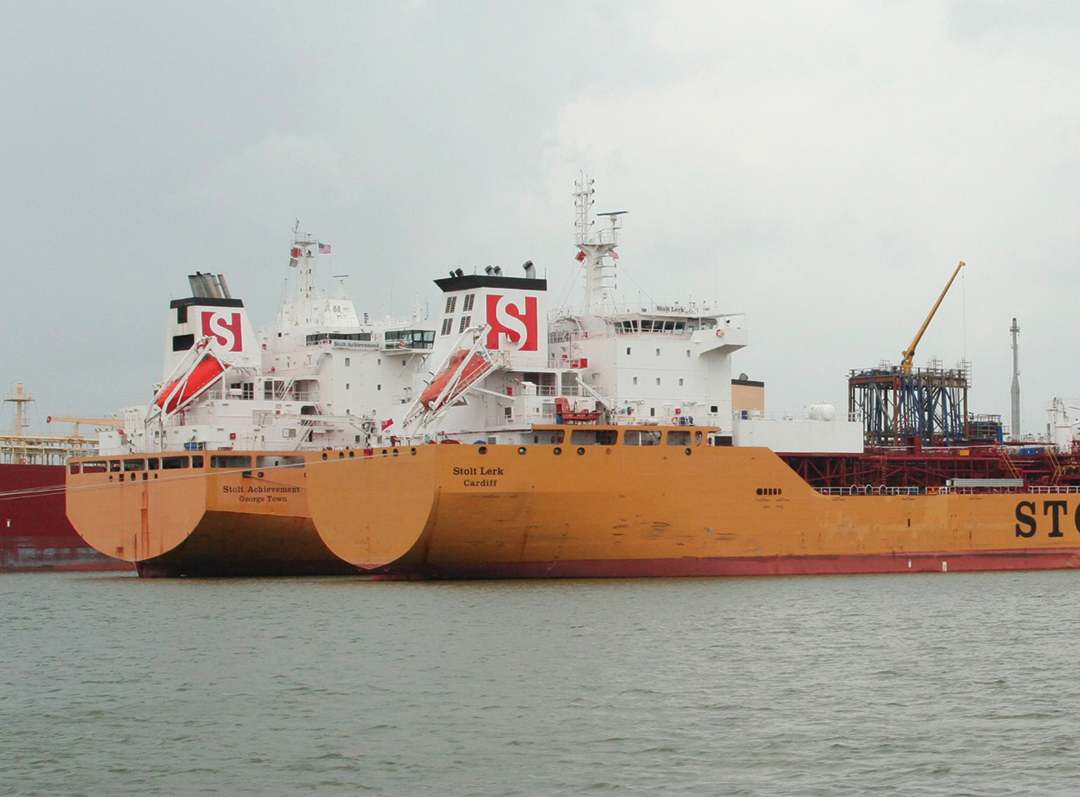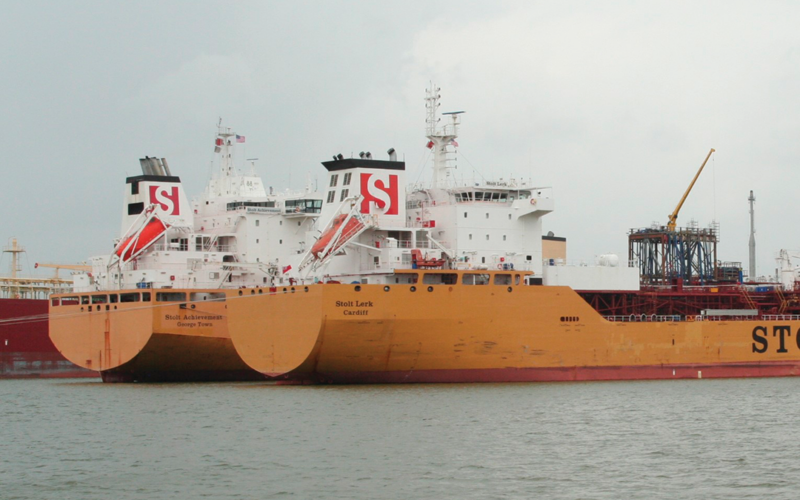
Stolt Tankers has announced its commitment “to developing science-based targets to help achieve net zero in the maritime sector.”
According to the company, it is “proud to be joining the Science Based Targets initiative and other leading companies who are working towards a net-zero economy, boosting innovation, and driving sustainable growth by setting ambitious, science-based emissions reduction targets.”
The Science Based Targets initiative (SBTi) drives ambitious climate action in the private sector by enabling organizations to set science-based emissions reduction targets. By having science-based targets, companies share common frameworks for decarbonization – a common language and scientifically validated rate of reduction.
In December 2022, the SBTi launched the world’s first framework for shipping companies to set near-and long-term science-based targets.
The shipping industry is responsible for more than three percent of global annual greenhouse gas emissions and is on course to increase more than fivefold by 2050. As such, this sector has a responsibility and an obligation to step up climate action to tackle the climate crisis.
“By setting emission reduction targets in line with appropriate decarbonization strategies, companies in the maritime industry can help rapidly accelerate the transformation to a net-zero economy and prevent the catastrophic effects of climate change,” according to a statement from Stolt Tankers.
Joining the initiative is one of numerous sustainability efforts recently announced by the tanker operator.
In November 2023, the company ordered a fleet of six 38,000 dwt stainless steel parcel tankers in China.
Scheduled for delivery between 2026 and 2028, the ships are designed to maximize fuel efficiency using modern engine design, hull form optimization, a wide range of energy savings devices, and a shore power connection. They can also be converted for future battery and methanol propulsion.
The tanker company recently joined the Green Award Foundation as an incentive provider, “demonstrating its commitment to sustainability as the maritime industry moves towards a greener future.”
In adition, Stolt Tankers, part of London-based transportation group Stolt-Nielsen Limited, has installed a microplastics filter on its Stolt Sagaland “as part of an ongoing commitment to achieving its environmental ambitions, including protecting sealife.”
The filter collects microplastics present in the ballast water and removes them – effectively leaving the water cleaner than it was to begin with.
The company is the first shipping firm in the world to apply a sustainable coating to the hull of Stolt Lotus, one of its chemical tanker fleet.
The X-GIT fuel graphene technology, developed by Graphite Innovation & Technologies (GIT) Coatings, has the potential to reduce fuel consumption and resulting greenhouse gas emissions.
The latest application follows Stolt Tankers’ work with GIT Coatings earlier this year to apply the graphene coating to the propellers of more than 40 of its ships. •

